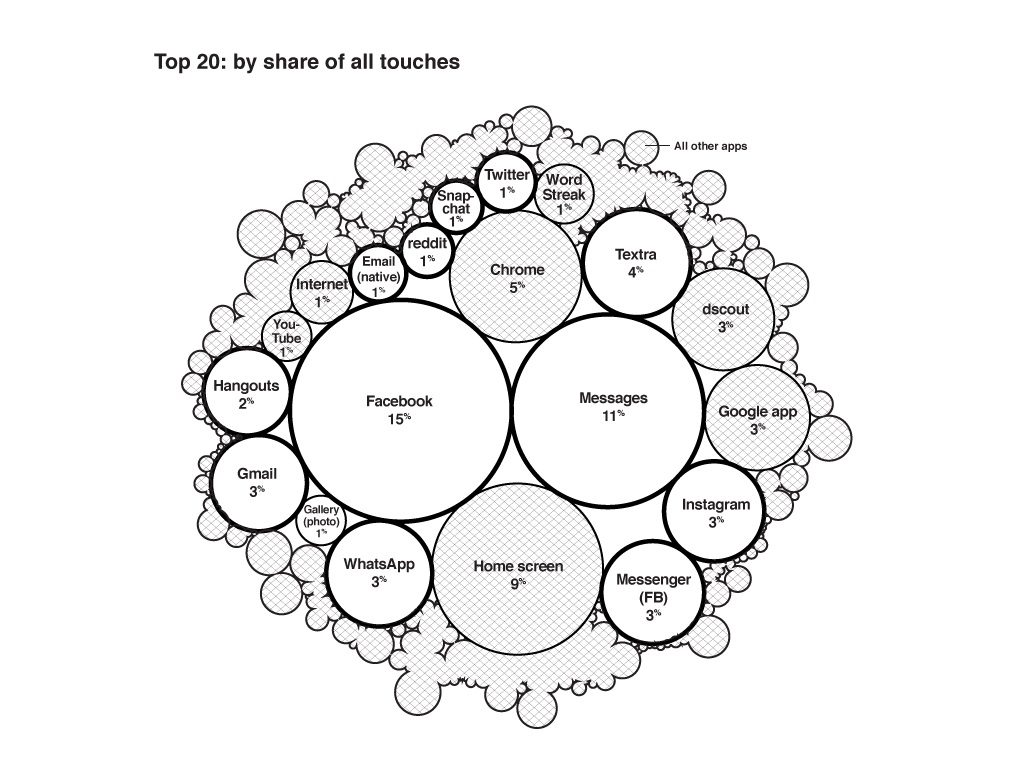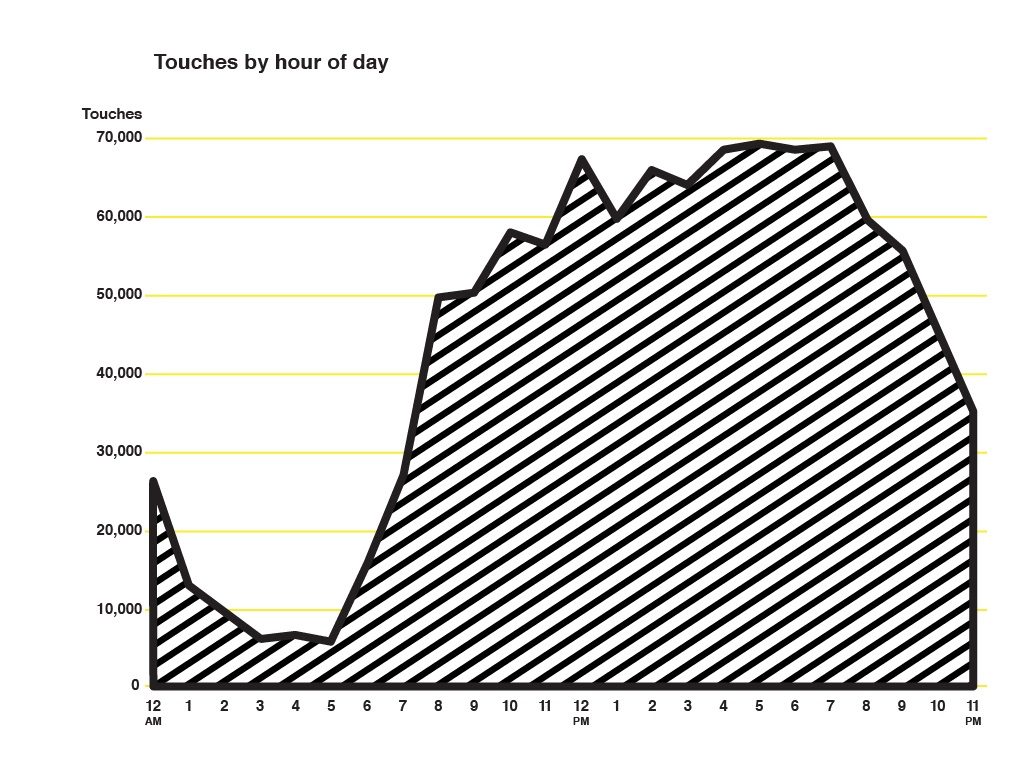How to avoid FOMO?
FOMO (Fear of Missing Out) is “a pervasive apprehension that others might be having rewarding experiences from which one is absent” (1). What does it really mean?
A piece of information that everyone knows, the one-and-only promotion at your favorite drugstore, a faux pax of an actor or a singer, a long-awaited concert sold out in a minute. Another insignificant message from a friend on Messenger and a millionth facebook notification that you don’t care about anymore… but the red numbers in the upper right corner drive you crazy. Sounds familiar, right?
XXI century virus
The name FOMO sounds scary – almost like a kind of exotic virus… no wonder. Psychologists describe it as a civilization disease of our time which can affect almost every sphere of our lives: everyday behavior, life choices, relationships with the loved ones. The phenomenon is not easy to investigate, but attempts to estimate the scale of the problem has been made by several independent scientists.
The results of the Polish-Bosnian study published in the prestigious American magazine “Children and Youth Services Review” indicate that approximately 20% of teenagers suffer from FOMO. Another source – Deloitte – says that this syndrome affects every third citizen of the United Kingdom.
Houston, we DO have a problem.
In a surveys conducted for the Polish campaign against FOMO (1), nearly 60% of respondents claim to use the internet because they want to be up to date with news from the country and the world. 43% of the respondents believe that online network helps to save their time. There’s nothing wrong in that yet… The first sign of the problem may be the fact that as much as 30% of respondents glance at the device screen every time they receive a notification. One in ten admits to use technology too often.
The study also showed that we feel the effects of FOMO more and more. 39% of the respondents indicated that they feel lack of energy and general laziness. Nearly every third respondent complains about physical problems. Every fourth respondent has difficulty in concentrating and is distracted by too many things, admitting at the same time that they are addicted to information and have a problem with the choice of relevant content.
Someone said “time-saving”? It all seems like a downwards spiral. We use the internet as a shortcut to news, we don’t want to lose any piece of information, so we are online non-stop… losing our time.
Smartphone? In the morning, day, and night
No doubt that one of the reasons for FOMO spread is the ease of using smartphones. The least important functions of today’s phones is actually calling and texting… because we have all kinds of messenger apps, right?
Dscout research shows that we touch our phones around 2617 (sic!) times a day, spending almost 2.5 hours a day watching its screen! What’s more, these statistics apply only to the use of the unlocked device. Why do we unlock our smartphones? You can find a response in the graph below.

Back to FOMO, how can we not feel its effects when the web search – a space where we try to find specific information – is only 5% of our interactions with a smartphone? Number one? Facebook – place where we usually scroll the screen mindlessly. By adding other social media and messenger to it, they consume up to a quarter of our clicks!
If you are still wondering whether FOMO also applies to you, think how many times the phone accompanied you in bed, during a meal, and even in the toilet… How many times this week you checked the phone just before falling asleep? The same research shows that up to 87% (!) of users happen to use the smartphone between midnight and five in the morning.

FOMO in business – how to deal with it?
What in our private lives drives us crazy, can even be more acute in the professional sphere. Especially if our work requires contact with various types of media and up-to-date news about our brand, industry or competition. Refreshing company accounts on Facebook, Twitter, Instagram and others is the new routine for PR professionals and takes as much time as business meetings and work on texts, press releases, and events. It causes that we involuntarily take our business duties home by clicking next notifications with the thought “just a look if everything is ok…”.
It’s hard to run away from it. When we are not online, the entire industry is still there, updated all the time (but it may be only an illusion). Why not to aggregate all company notifications in one place and, thanks to the internet monitoring, set critical alerts for the most important phrases? It’s a fine solution, isn’t it? This approach means that we will not have to refresh various applications every now and then. And using SentiOne React, we will answer the most urgent problems from one place.
Will this solution save valuable time and calm the nerves? In business – for sure. Privately, a strong will should be enough. Good luck!
——
(1) https://en.wikipedia.org/wiki/Fear_of_missing_out
(2) SW Research for “Odpuść FOMO” campaign.



